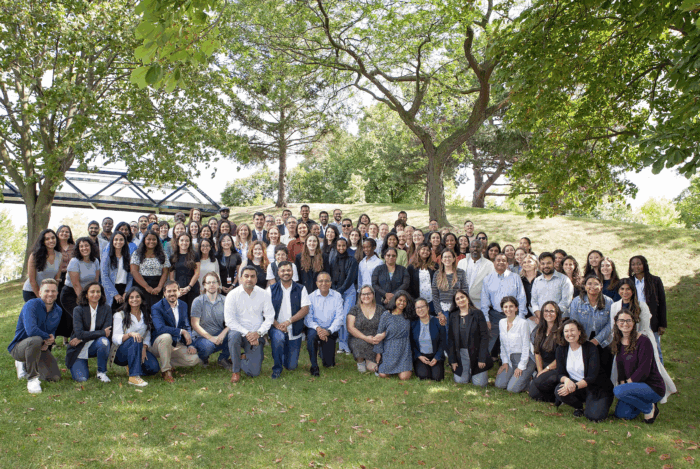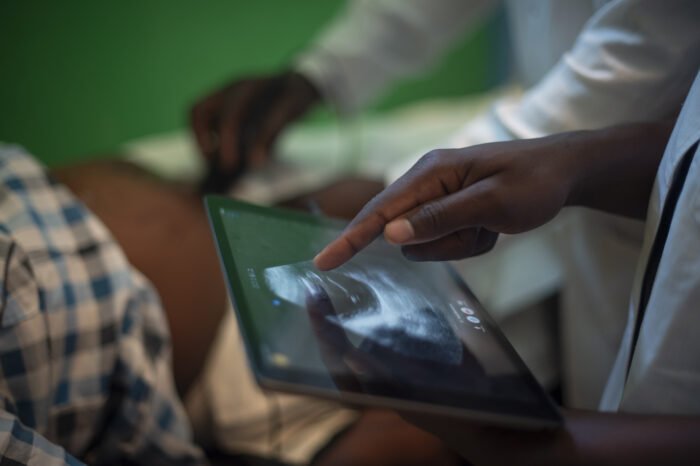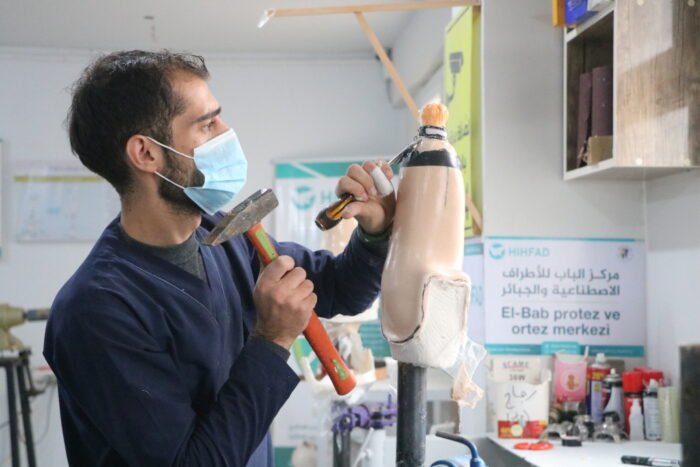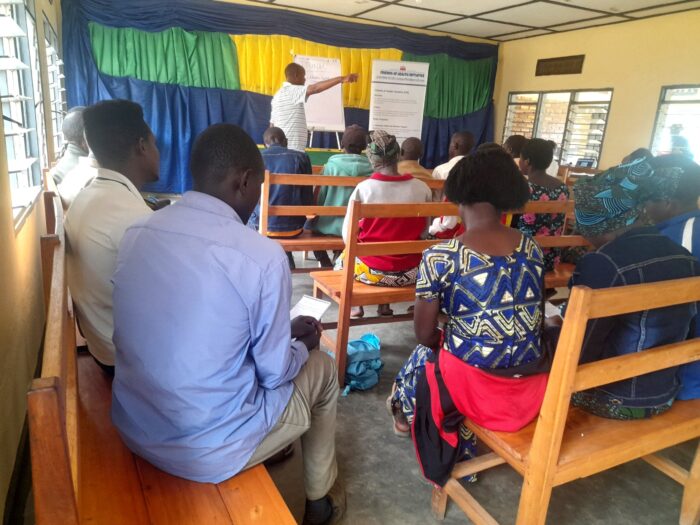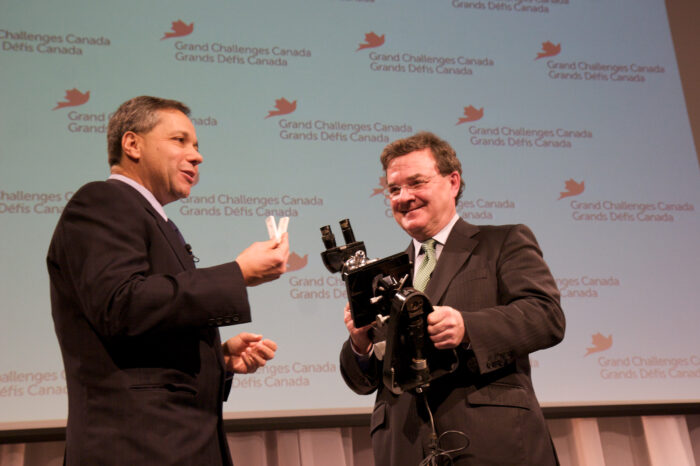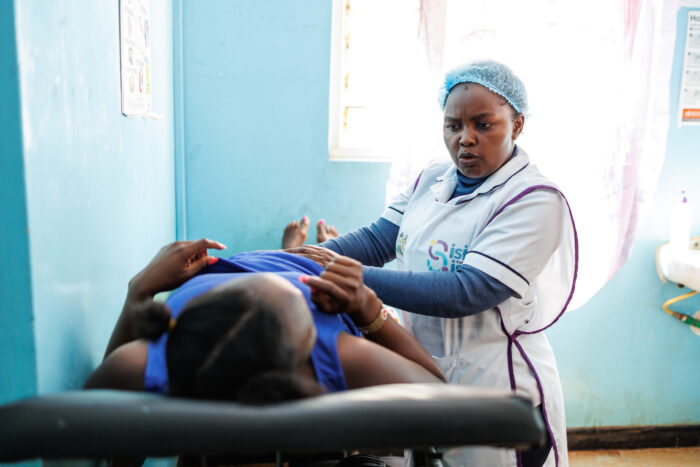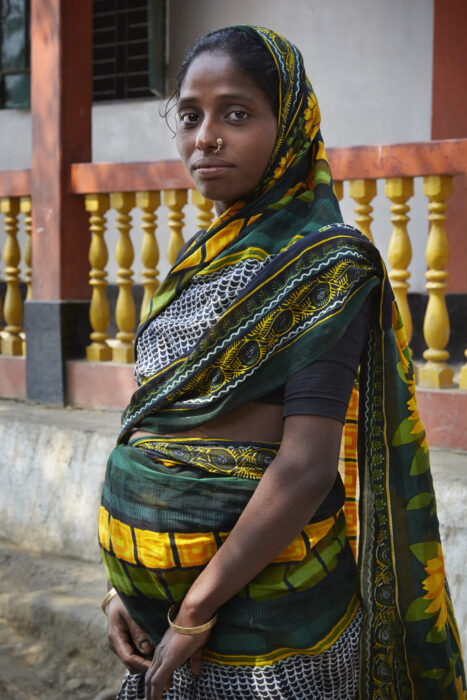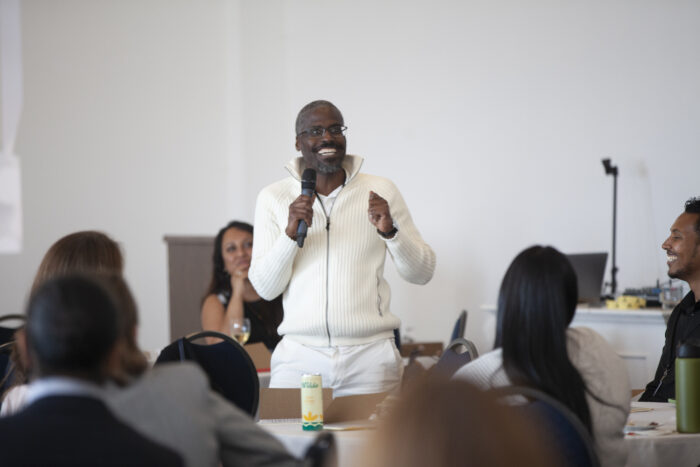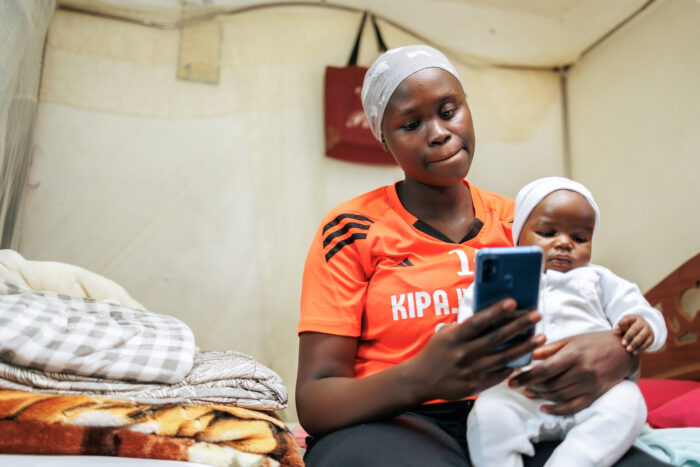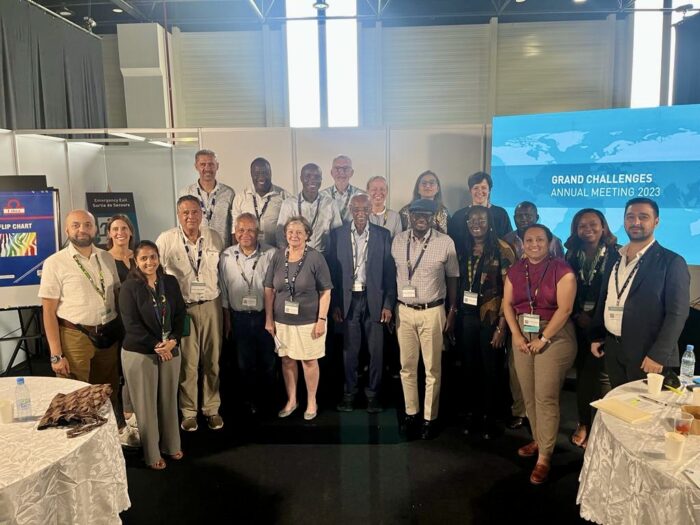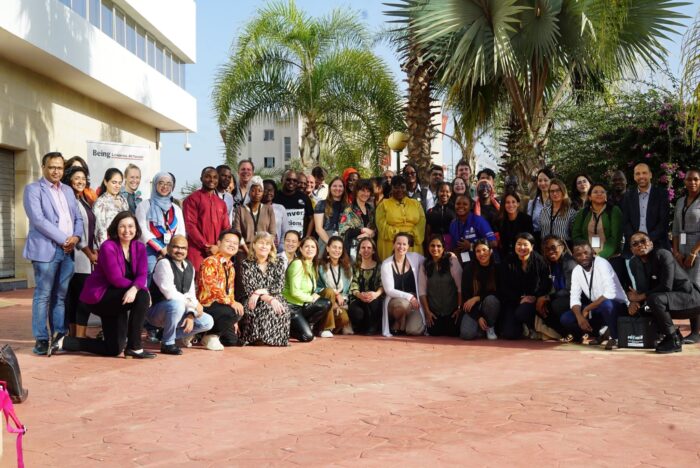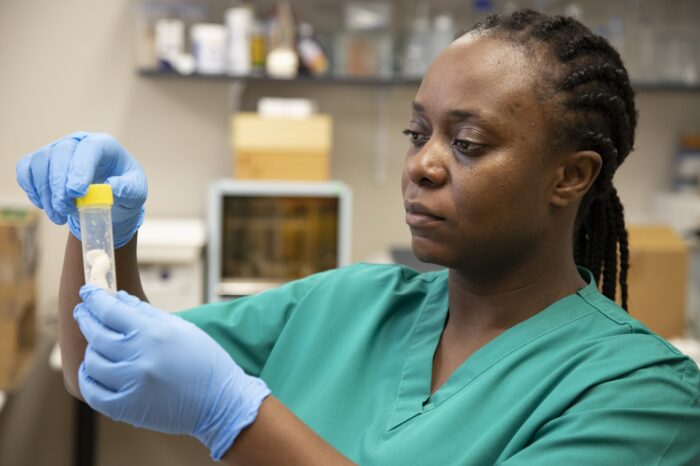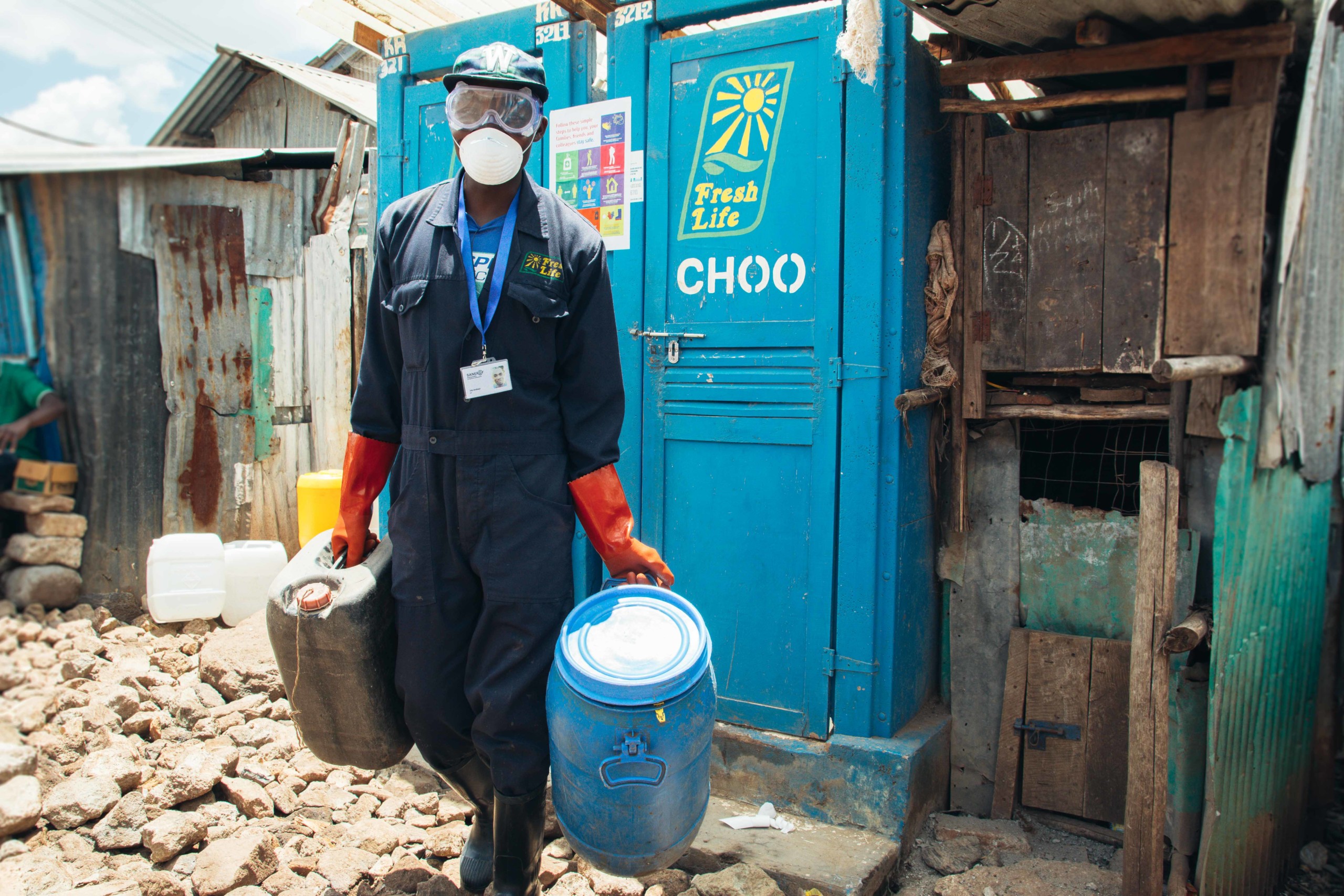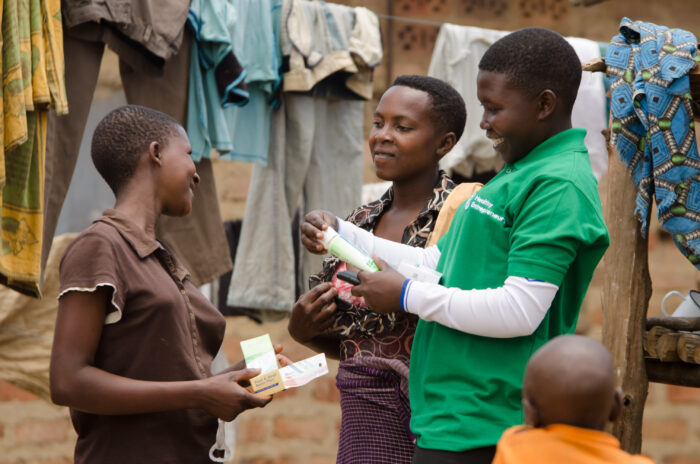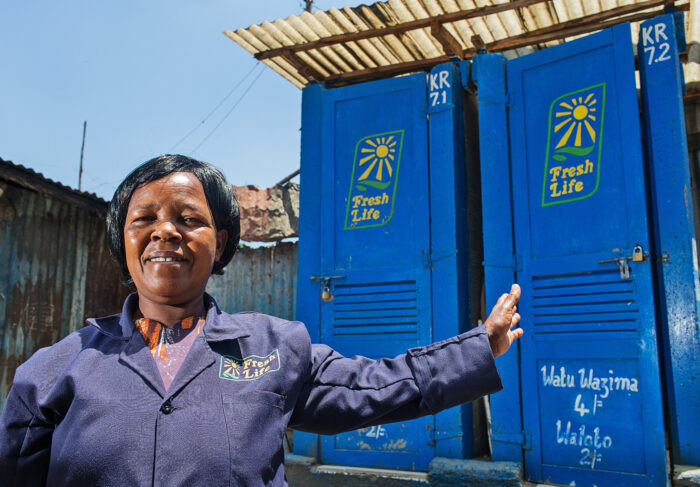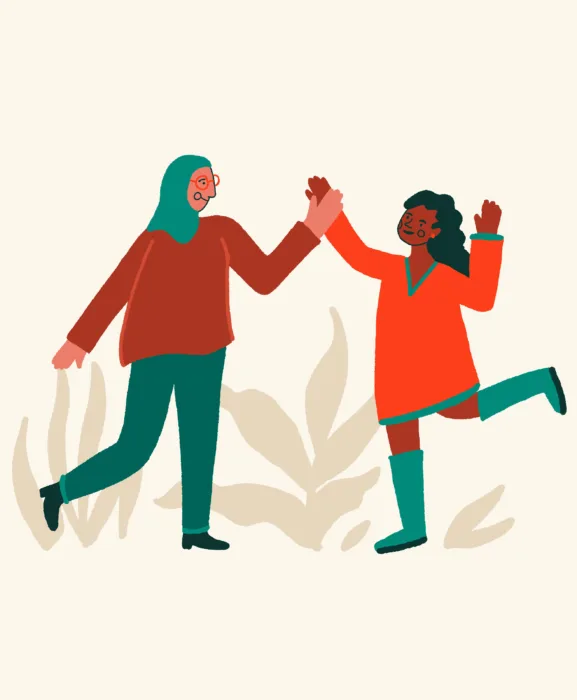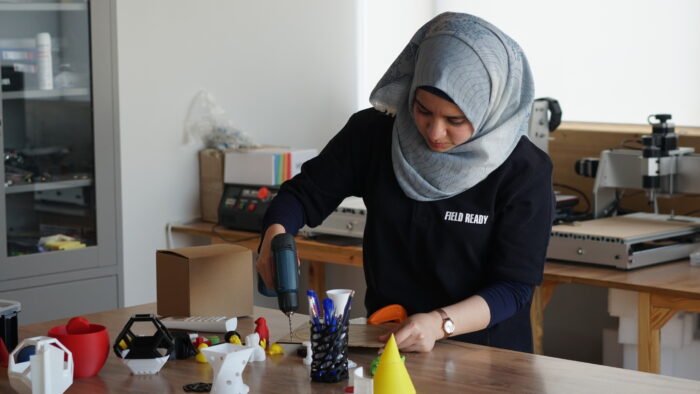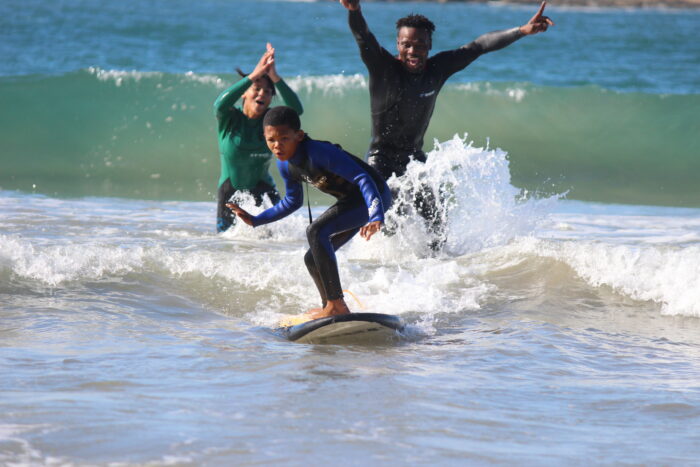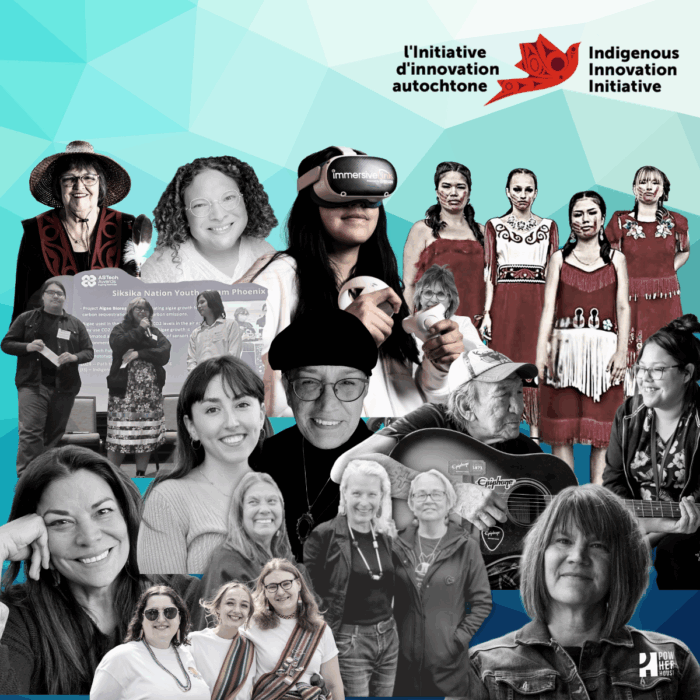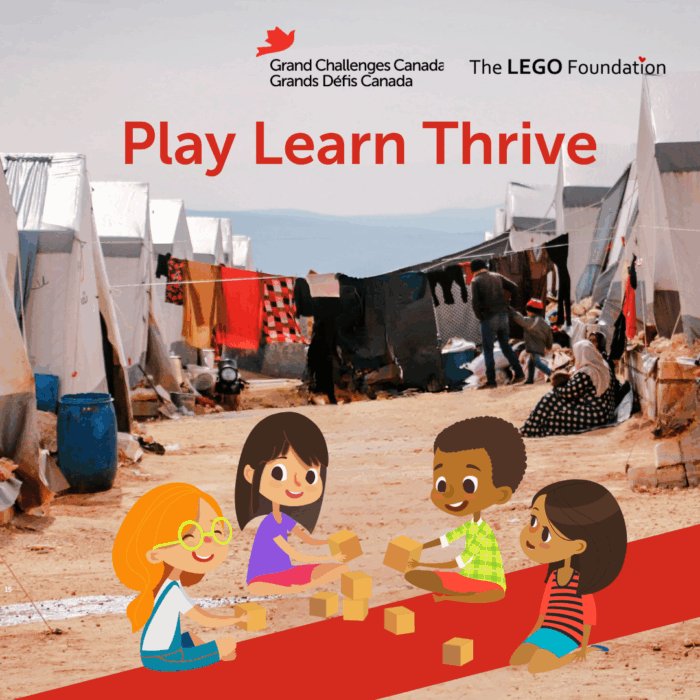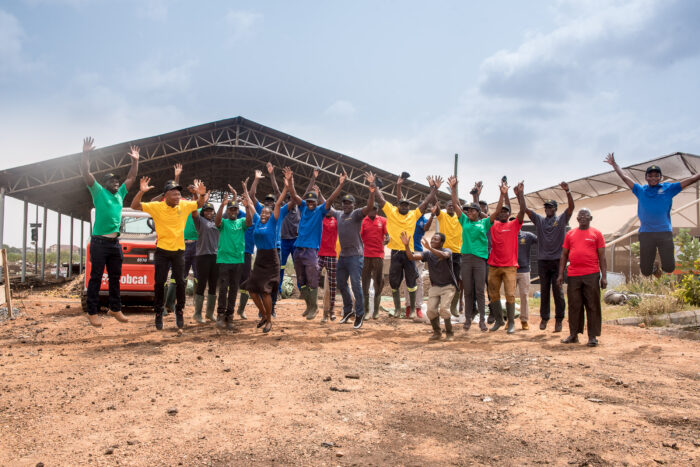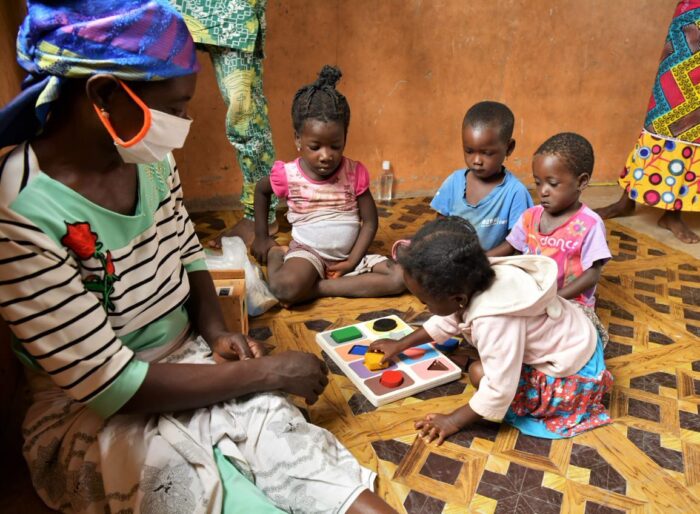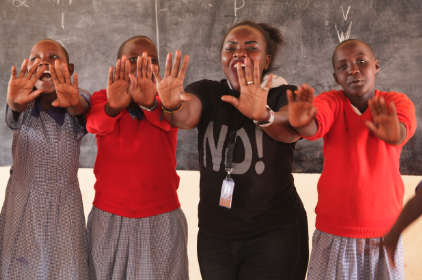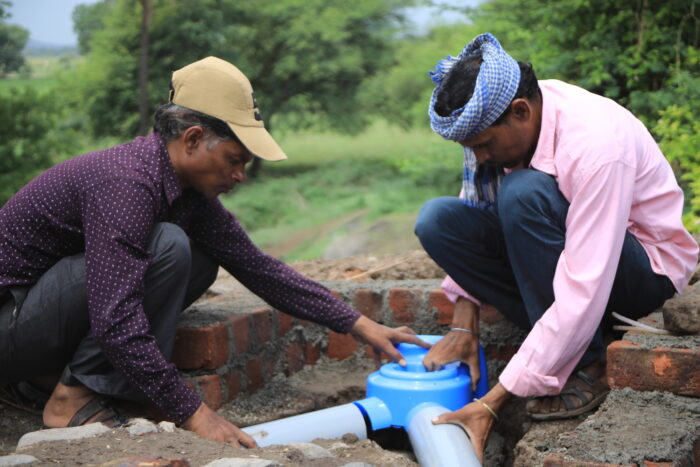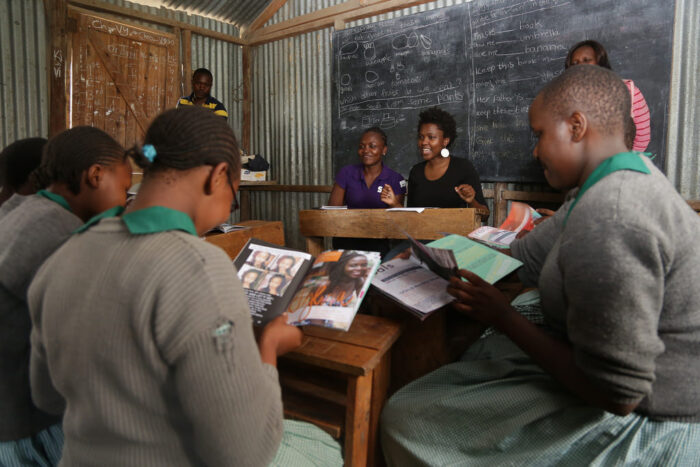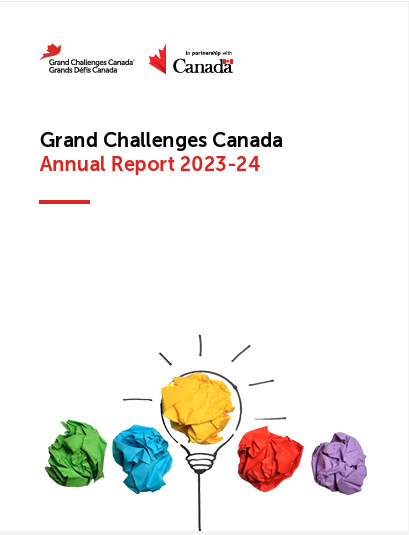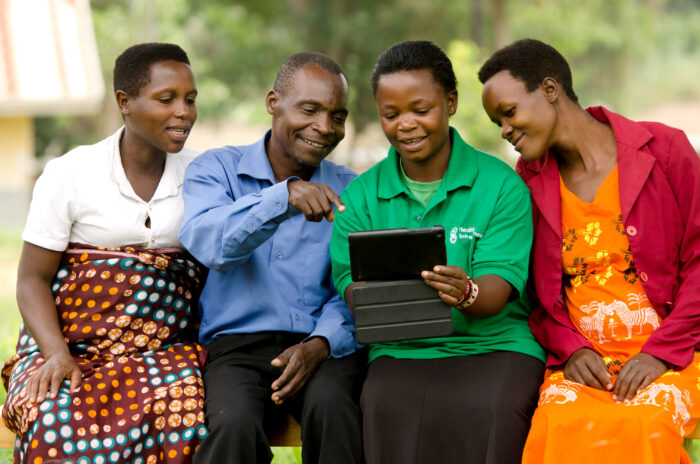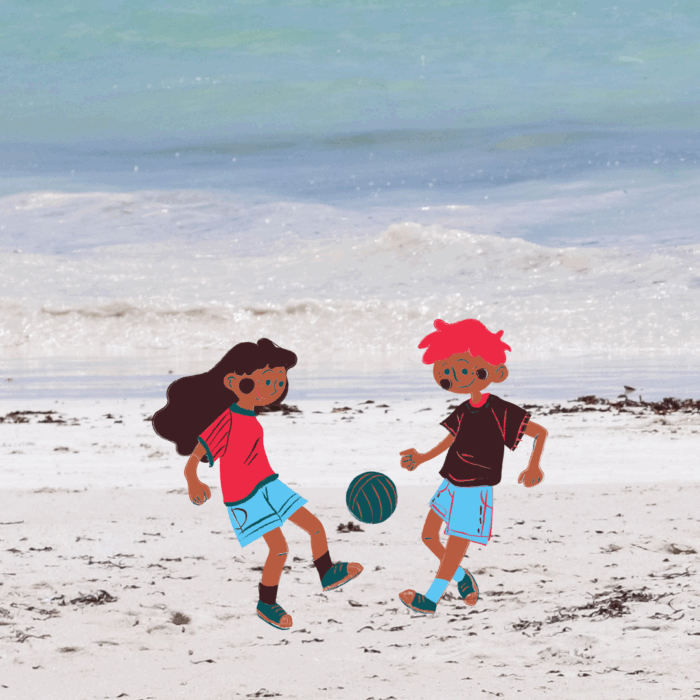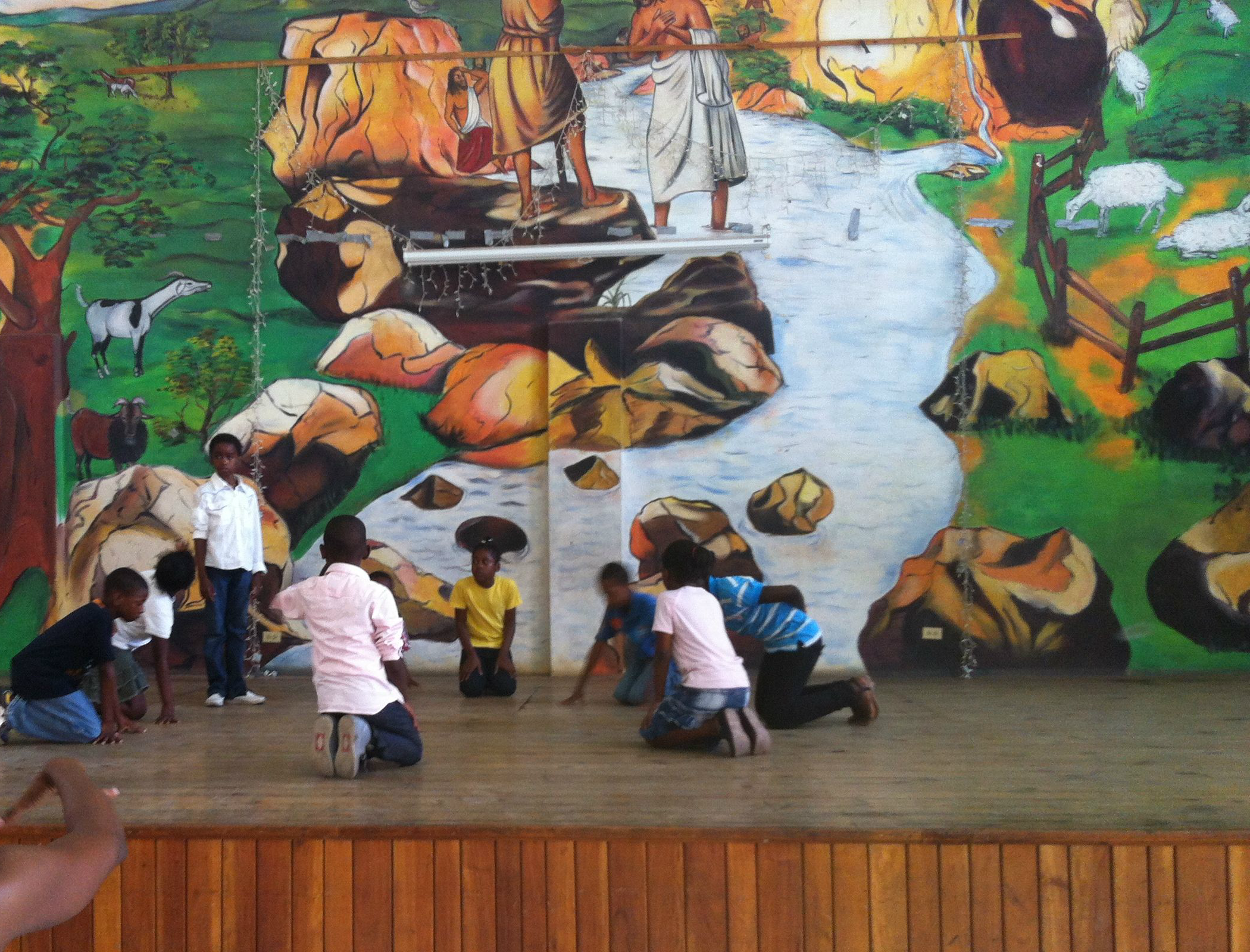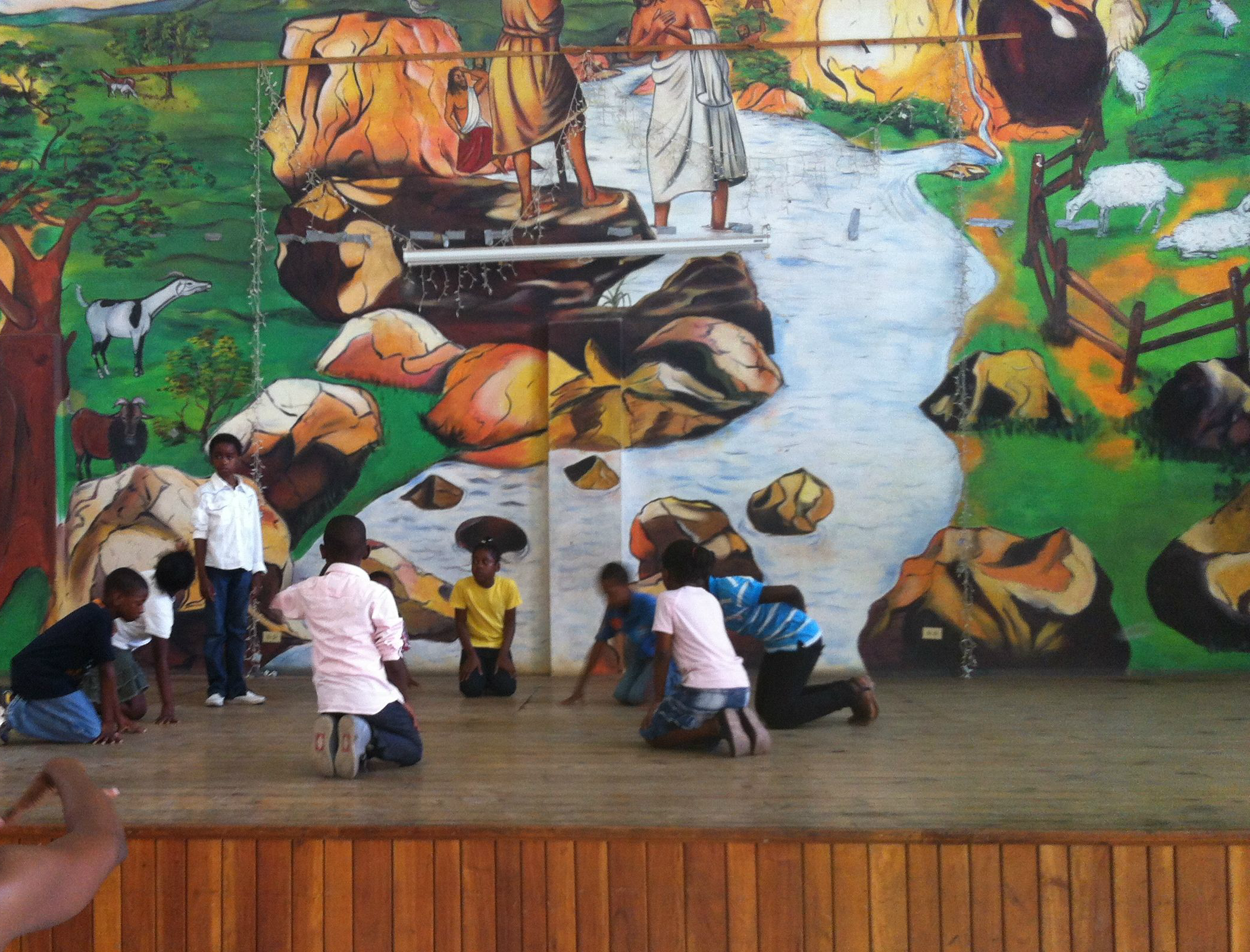On August 12, 2014, the World is celebrating International Youth Day. The theme this year is ‘Youth and Mental Health’. According to the United Nations, 20% of the world’s youth (ages 15 to 24) is experiencing a mental health condition. With a population of approximately 1.2 billion, that’s over 280 million young people from around the world. Despite the scope of this problem, and perhaps in part because of it, 4 out of 5 (80%) of these youth do not receive the care, treatment or services they need.
To tackle this alarming burden of mental health conditions on youth, Grand Challenges Canada, (which is funded by the Government of Canada) has committed $7.9 million CAD to improve treatments and expand access to care for youth experiencing mental health conditions in low- and middle-income countries.
A global community of innovators is now translating their bold ideas into sustainable and scalable solutions that are already showing results towards improving the mental health of young people. These bold ideas use innovative approaches and non-traditional delivery systems to reach youth experiencing mental illness: text messages to raise community awareness and reduce stigma; virtual education platforms to build capacity and increase knowledge of healthcare providers; and mobile phones to serve as accessible, portable diagnostic platforms/tools.
Our innovators train teachers to recognize the signs of mental illness on students; equip families with skills to support and care for their daughters and sons; and empower young people to actively promote their own mental wellbeing and that of their peers. Most importantly, this type of innovative thinking is translating into results where it matters most: for youth in resource-low settings suffering from mental illness.
One great example of this innovative work with youth is a project led by Frederick W. Hickling. Dr. Frederick W. Hickling is a psychiatrist from Jamaica and a leading authority in his field in the Caribbean. He has founded the Caribbean Institute of Mental health and Substance Abuse (CARIMENSA) and is currenty Executive Director at the Faculty of Medical Sciences at the University of the West Indies. Below, he shares some updates and results from his project “Countering youth and urban violence with a community engagement cultural therapy program in Kingston, Jamaica”.
This psychotherapeutic model focuses on preventing children from developing into dysfunctional adults. The system helps to reduce violence because it aims to generate healthy adults producing healthy children who grow up into healthy adults once again, thus creating a self-sustaining change and breaking the cycle of dysfunction and violence. The study consists of two components, the youth (Dream-A-World) and adults (Community Engagement).In the Fall of 2013, the University of the West Indies Caribbean Institute of Mental Health and Substance Abuse (CARIMENSA) in Jamaica was awarded a grant for the project ‘Countering Youth and Urban Violence with a Community Engagement Cultural Therapy Program in Kingston, Jamaica’.
Dream-A-World
The Dream-A-World component is testing the efficacy of a Cultural Therapy intervention for improving social skills and academic performance of 8-9 year old at-risk children from inner-city communities. One hundred Grade-3 students scoring 35% or lower on their end of year examinations, and/or exhibiting disruptive behaviours as assessed by their teachers were compared with the performance of a control group matched for age and gender over a two year period. The intervention has fostered creative and visionary leadership in resource-challenged, overcrowded inner-city primary schools, and transformed disruptive, fractious and under-performing eight-year-old children in just three weeks.
The Cultural therapist from one of the schools reported: “…when we started, the students were very disruptive, unsettled and noisy but as we worked with them over the three week period we found that they settled a lot more. I did a little experiment with them where I tried to time them to see how long they could keep still. Initially I tried for 30 seconds it didn’t last for 17 seconds and by the end of the program they were able to stand in a certain space for about 3 minutes without being disruptive…”. During the course of the two years, the children will be evaluated for changes in both academic performance and behaviour using the school social and behavior adjustment measured by the Achenbach System of Empirically Based Assessment (Teacher Report Form) (ASEBA TRF). One year school follow up evaluation has already identified significant academic and behavioral improvement with all the cohort children, including marked improvement in their Grade 4 academic grades, and excellence in school extracurricular activity.
Community Engagement
The adult part of the intervention aims to examine the efficacy of a Community Engagement Cultural Therapy intervention in decreasing violence in an inner-city community in Jamaica. With a homicide rate of 53/100,000 in 2010, Jamaica has the third highest rate of lethal violence but the third lowest suicide rate (2.9 per 100,000) in the world. CARIMENSA intends to approach this paradox through the study of a government run public health program called Community Engagement Mental Health (CEMH) in two inner-city garrison communities (Seaview Gardens and August Town). These communities are similar in size and socio-demographic characteristics, specifically;, high unemployment, low and very low income, high levels of interpersonal violence, and escalating crime rates. The CEMH program is being implemented by a team of health professionals (psychiatrists, psychiatric nurse practitioners, and mental health officers) and community psychiatric aides. Using a case-control study design with a specific intervention called Cultural Therapy (CT) the research project will follow the outcome of measurable mental health outcomes, including domestic and interpersonal violence, job creation and poverty reduction, as well as degree of community engagement and participation over a 30 month period. At the conclusion of the project, it is expected that 100 children will have improved academic performance and behavioural indicators. Also, there will be the creation of a Wellness Centre in the Seaview Gardens in which 100 Seaview Garden community members will be continuously engaged in artistic and creative activity.
The Road to Sustainability
Sustainability is facilitated by the interventions being implemented in pre-existing institutions, primary schools and a community health centre. The teachers and nurses within these organizations who assisted in the project will influence their work environments by incorporating the techniques they learned during the intervention and sharing and teaching the techniques to other staff members. In regards to the scale up of the project, a major aim is to create a manual of the Cultural Therapy processes so that the models can be replicated and practiced not only in Jamaica but in other areas of the world. The scale-up process has already begun with the Jamaican Ministry of Education in the five Jamaican parishes with the highest murder rate in the country, and the highest school drop-out rates in Jamaica. Thirty five (35) schools on the Ministry of Education’s worst-performing primary school register will be selected and CARIMENSA will train and follow up 50 guidance counsellors presently employed in the Ministry of Education over a period of three years.
We encourage you to post your questions and comments about this blog post on our Facebook page Grand Challenges Canada and on Twitter @gchallenges
